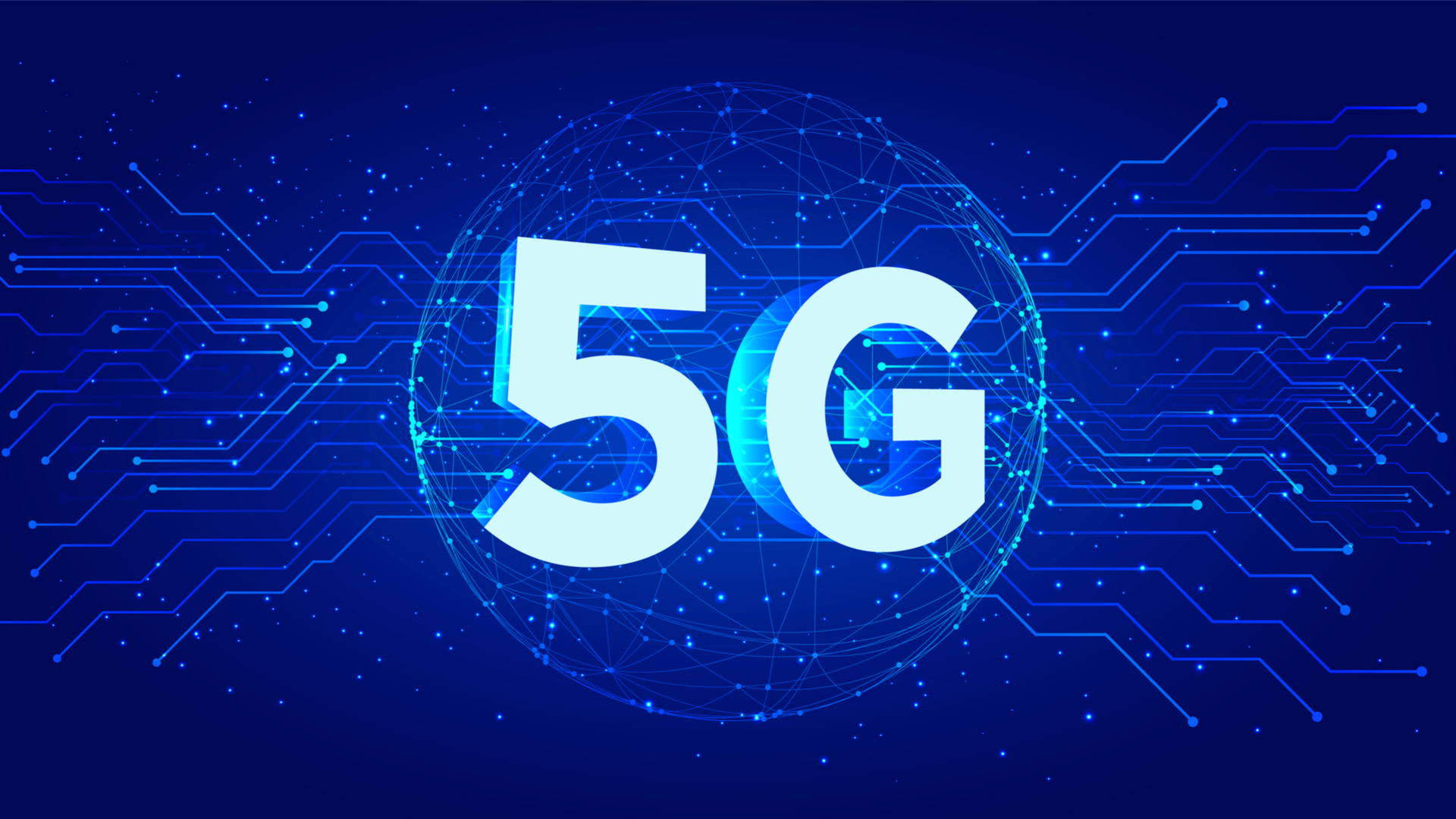31-year-old Loretta Hsueh knew her parents were at high risk for coronavirus. The old Taiwanese immigrants had severe health problems and owned a grocery store in Riverside, California, where many customers and employees were also immigrants or people of colour. For about a year, they washed their hands, hoped for the best and wore masks.
After coronavirus vaccinations began in December, Hsueh assumed the local government would ensure all grocery store employees would be approached about getting the vaccine. When that didn’t happen, Hsueh advised her parents call the one phone number listed on the county’s corona vaccination website to get help. But the employee who picked up the phone didn’t speak Mandarin and said he couldn’t help them get an appointment.
As Hsueh is the couple’s oldest daughter, she took over the task of clicking through pages of information before securing her parents’ appointments. Her parents’ neighbours asked if she would do the same for them.
Soon, she made vaccination appointments for her neighbours and her parent’s colleagues, who are not fully English proficient.
“We know that citizens with limited English proficiency are going to have difficulty understanding something that is in English. It is straightforward,” said Hsueh, a PhD researcher in Oakland who has made about 15 vaccine appointments for her friends and studies health care systems.
Experts say we should expand the targeted outreach- including visits to frontline workers, door knocking at their place of employment, language translation services and streamlined registration sites in vaccination areas- is needed to tackle misinformation. It would also help to educate communities that long have been plagued by colour injustices.



